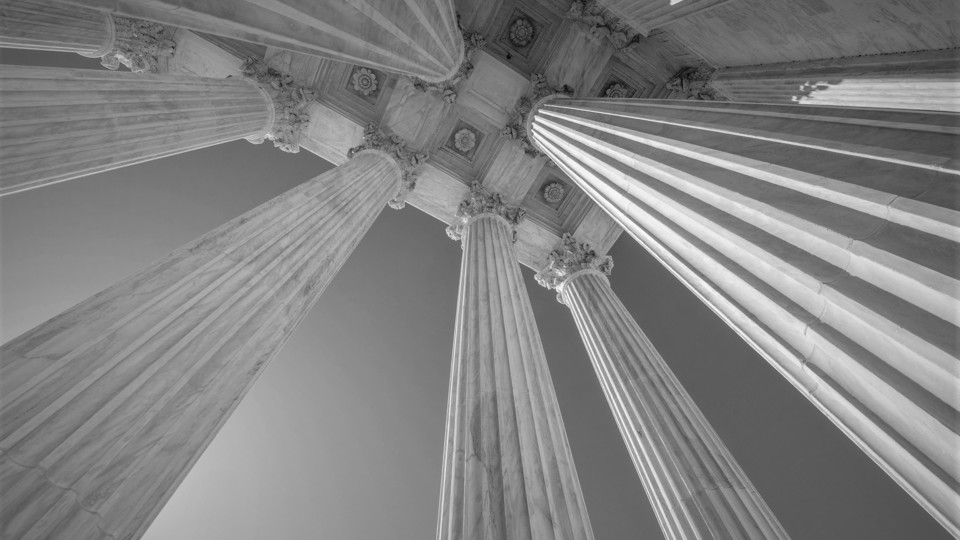Legal redress for murder of war correspondent Marie Colvin in Syria
Colvin v. Syrian Arab Republic
In March 2011, protests broke out across Syria, as the Arab Spring democracy movements swept the Middle East. In response, the Syrian government launched a brutal crackdown against its own population. Marie Colvin - a reporter for The Times and hailed as one of the world’s greatest war correspondents – died in such an attack.
Background
In February 2012, Marie Colvin had traveled to Homs, where the unrest first reached the tipping point into civil war. Marie and photographer Paul Conroy snuck into the surrounded city to capture the experience of civilians living under a medieval style siege waged with 21st century weapons.
On February 21, 2012, Marie went live on CNN’s Anderson Cooper, Sky News, and BBC to expose the war crimes she witnessed. Hours later, a barrage of rockets rained down on her makeshift broadcast studio, killing Marie and French photographer Remi Ochlik and wounding Paul Conroy and other French and Syrian journalists.
Action
Scott Gilmore, now at Hausfeld, met with the Colvin family and with Reporters Without Borders to explore investigating the attack and seeking legal redress. Facing one of the greatest challenges for human rights lawyers, the team had to determine how to collect and preserve evidence during a raging conflict and hold perpetrators of war crimes legally accountable.
The investigation uncovered overwhelming evidence that the regime of Syrian president Bashar al-Assad tracked Marie through electronic surveillance and a network of informants. The Syrian government intercepted and geolocated her broadcasts, launched a targeted rocket attack on her location, and then celebrated the news of death - even awarding a luxury car to the one of her assassins.
In order to bring the Syrian government to account in a U.S. court, the legal strategy turned to the Foreign Sovereign Immunities Act, which normally shields foreign governments from legal action, but makes a narrow exception for state-sponsors of terrorism who kill Americans like Marie Colvin. No case like this had ever been brought under this exception, but it was time to test the legal theory.
Using this jurisdictional hook, the case was based on eyewitnesses, whistleblowers from the Syrian government, thousands of Syrian government documents obtained by war crimes investigators, and expert testimony from Hon. Robert Ford, former U.S. ambassador to Syria; David Kaye, UN Special Rapporteur on Freedom of Expression; and Ewan Brown, a criminal intelligence analyst from the UN Criminal Tribunal for the Former Yugoslavia.
In recognition of the case, Scott Gilmore was named “Lawyer of the Week.”
The Times, London, February 2019.
Outcome
2019 brought a stunning victory. Judge Amy Berman Jackson of the U.S. District Court for the District of Columbia determined that the evidence was compelling and entered a $306 million default judgment against the Syrian government. Hausfeld is now leading a global effort to enforce the judgment on behalf of the Colvin family, who have established the Marie Colvin Memorial Foundation to support press freedom and human rights in Syria and around the world.

